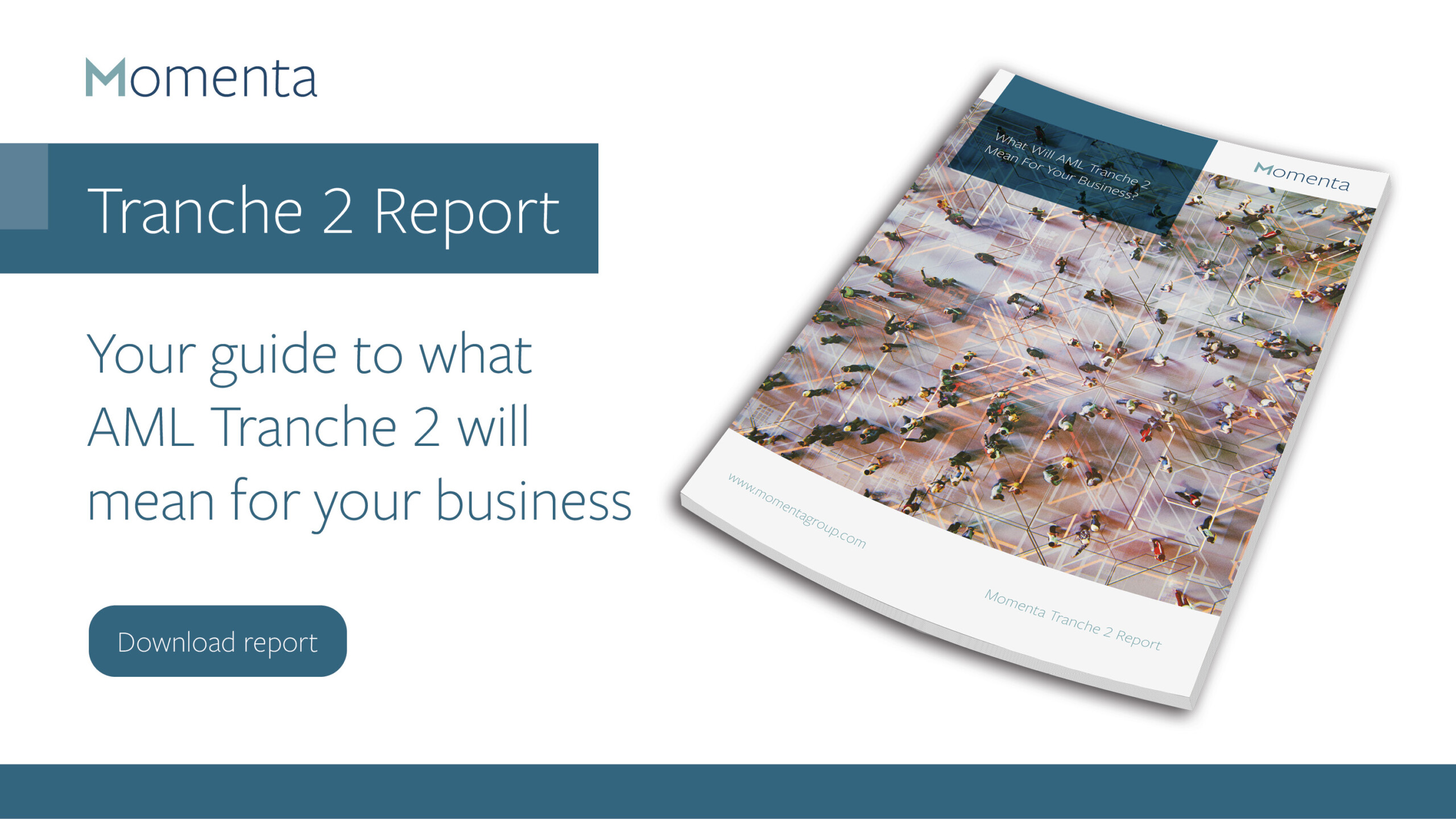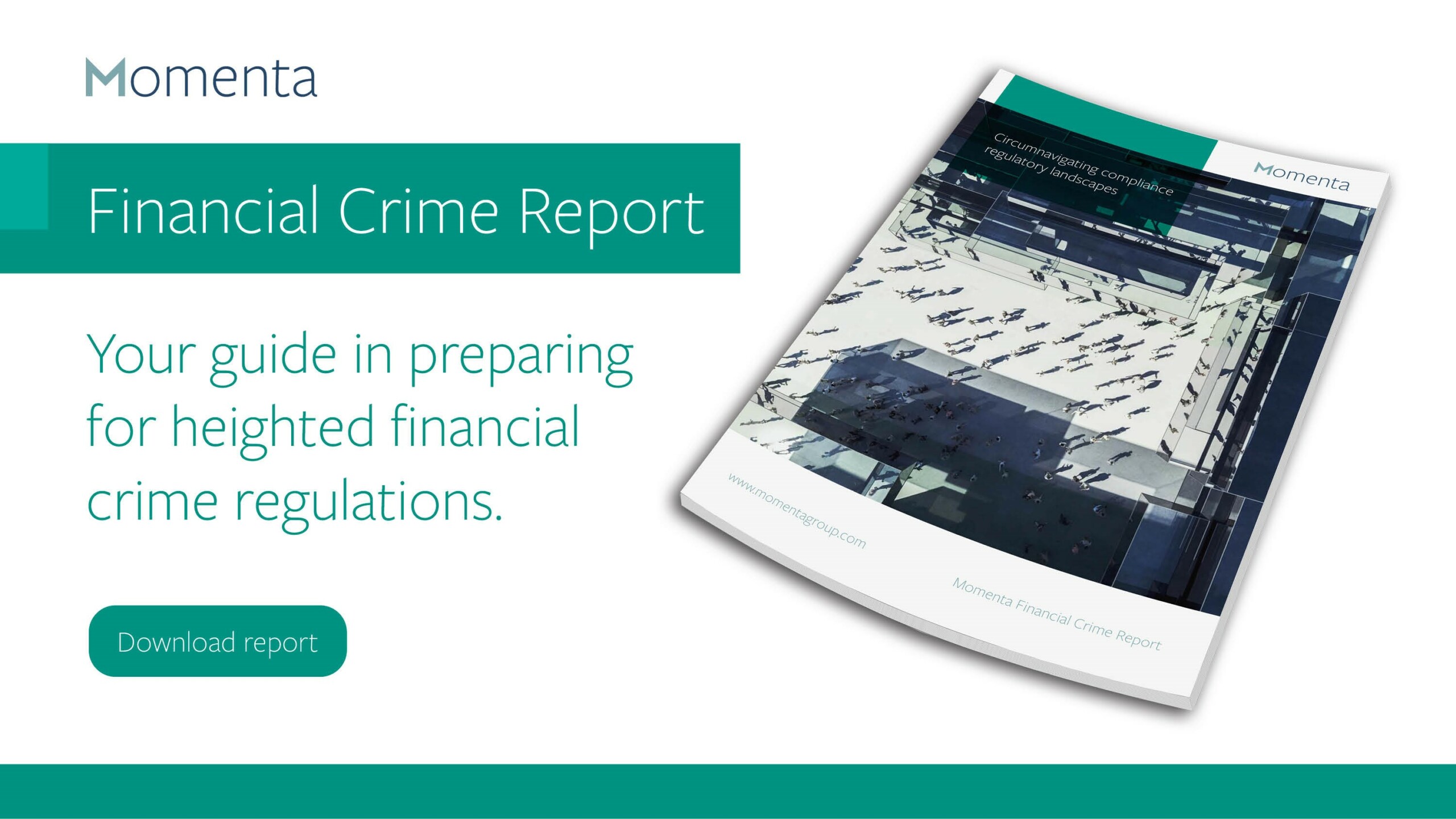
As we begin to close of 2022, we will look at some of 2022’s biggest trends and movements in the world of financial compliance and track the up-to-date developments within the global AML/KYC space.
Here are some key updates from 2022 which saw a plethora of further regulatory change with even more risk and potential for financial crime being imposed on banks. With that in mind, it’s never been more vital for financial institutions to ensure they’re on top of all their regulatory requirements and responsibilities.
Read on, for all the very latest key market updates, trends, and industry leader insights that you need to know this month.
The hope of digital adoption is that Australian banks will be able to monitor compliance and boost efficiency in the larger economy by incorporating technologies like cashless payments, open data, digital identification, digital signatures, and AI. For instance, open data will help smooth transaction and decision-making for individuals, businesses, and governments. By implementing such innovations, the financial sector will be able to spur growth and aid in the creation of a more productive economy.
Read more on how the right talent drives the required digital change.
Global Webinar Update:
Join us for our upcoming free webinar on Keeping pace with an active US regulatory landscape whilst mitigating the challenges of recruiting compliance talent.
The compliance environment is becoming more complex with increased risk for organizations, as they try to strike a balance between upholding compliance whilst ensuring they have the right talent to keep pace with new AML regulatory reform.
The following three years will be challenging for compliance specialists in US institutions, as they try to manage staffing levels in an ever-shifting regulatory environment that calls for more volumes and implementation of regulatory change.
This webinar examines how compliance teams can utilize contingent staffing techniques to keep businesses compliant during a time of increased regulatory reform and additional pressures placed on already stretched compliance teams.
Key learning objectives:
– Understanding the new regulatory reform
– Managing staffing levels and how to cope with increased volumes and implementation of regulatory change in ever shifting regulatory environments
– Understanding the potential risks associated with the Great Resignation and solutions to alleviate staffing issues and costs.
– Implementing contingent staffing techniques to help compliance teams manage key areas such as board governance and third-party risk management.
Panelists:
- Mariah Rodriguez, Director, Alvarez & Marsal
- Dave Frederick, Head of Americas investment Compliance, Schroders
- Richard Stevens, CEO, Momenta
- Julie Myers Wood, CEO, Guidepost
The FCA is recommending the implementation of four outcomes that capture the essential components of the firm-consumer relationship, including how businesses develop, market, and support their goods and services, as well as the crucial touchpoints in the customer journey. The FCA anticipates that these four results will evolve and offer further clarity about what is expected of businesses in terms of seeing the Consumer Principle and relevant cross-cutting regulations.
So, what exactly do these four outcomes mean for your organisation and how can the contingent workforce help you ensure that this new Consumer Duty Act is achieved?
Over the past year or so, the advantages of a contingent workforce have become abundantly clear. The global recruitment landscape has evolved from the great resignation to the great reshuffle, and we are seeing changing landscapes in global hiring models.
So, what does this mean for contingent workers and what type of hiring trends should they look out for over the next year?
Staff shortages brought on by Covid are crippling the Australian economy, with banking, financial services, and professional services firms in dire need of skilled talent.
The Australian market is prone to criminal opportunities as the current AML/CTF regime is unaware of the market complexity. Lawmakers are voicing concerns and calling for the government to implement Tranche 2. A toothless governing body, overreliance on reporting, lack of transparency, and FATF non-compliance are the main weaknesses.
Find out how this new regulation could impact your business today.
The government of New Zealand recently said that it would implement open banking over the next two years, making it one of the first industries to have regulations granting customers complete ownership to their financial data.
New Zealanders will find it simpler to compare mortgage rates, apply for loans, and switch banks thanks to open banking, according to a statement from the Minister
Individuals will have more control over their accounts and finance, and with cots of living surging globally, open baking adoption cannot come at a better time for individuals.
So, what is banking, how has it been adopted globally and how can the contingent workforce help firms drive digitalisation, as New Zealand banks embrace a new era of banking?
Have you downloaded our latest global financial crime report?
Regulatory bodies are adopting a more proactive approach as the 6th AML, ASIC, and APRA plans focus on cybersecurity and cryptocurrency. The US anti-corruption strategy will exert pressure on businesses worldwide. Businesses need to be more responsible as the regulatory burden rises. Penalties have become more severe, and businesses must comply to avoid financial crimes.
Recent regulatory developments have emphasised identifying UBOs. The UBO regulation will be more volatile in the UK, US, and Australia, among the countries with quite diverse populations. The UK, Australia, the US, the EU, and many other countries have imposed economic sanctions on Belarus and Russia in response to the invasion of Ukraine in February 2022.
The in-house workforce is often not good at handling compliance matters well. Modern-day compliance requires optimised data collection. The challenge to remain compliant while maintaining business profitability is now greater than ever. As per a FATF digital transformation survey, over 80% of participants hailed cutting-edge technology usage for AML/CFT matters.
Download the full report to understand the latest trends in regulatory financial crime markets and how to circumnavigate compliance regulatory landscapes of anti-money laundering laws in the UK, the US, and Australia.

Financial crime professionals are fighting all types of money laundering; from corruption, organized crime, financial fraud, arms dealing, drugs/sex trade, and terrorist financing.
In a recent poll conducted with our Momenta Global audience, 43% of respondents believe money laundry is the biggest contributor to financial crime.
The post-COVID-19 world will present enormous amounts of opportunities for those who are prepared, and many are starting their preparations to transition into new market norms now, by equipping themselves with flexible, experienced, and effective contingent workforces.
To find out how Momenta can help you with your contingent workforce planning and resourcing, contact us today.







